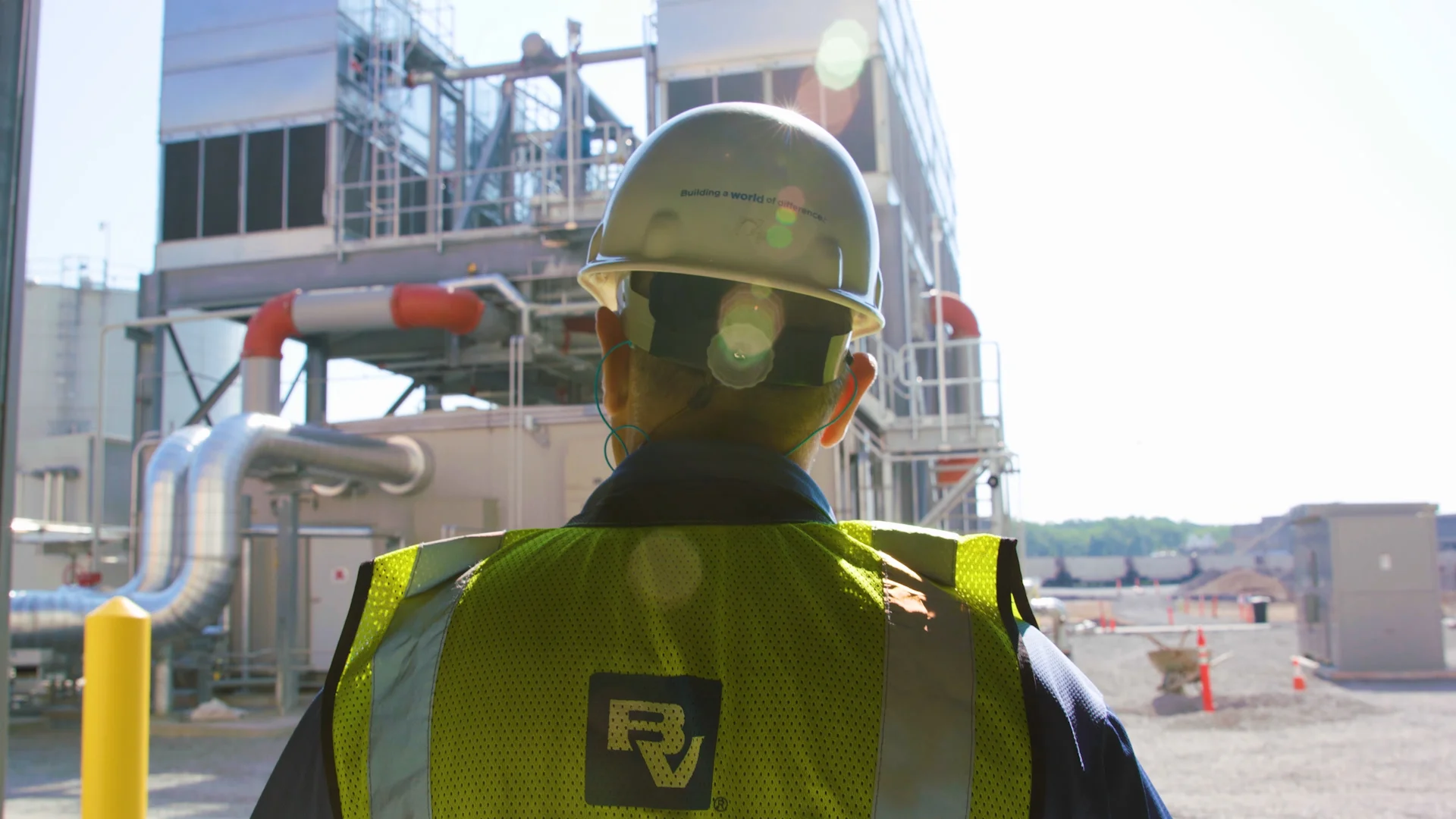Creating a Safer World

- Project Name
- Armenia Cooperative Biological Engagement Program Phase 1
- Location
- Yerevan, Armenia
- Client
- U.S. Defense Threat Reduction Agency
Diagnostics Equipment, Expertise Help Combat Bioterrorism and Proliferation of Biological Weapons
As a result of the U.S. Defense Threat Reduction Agency (DTRA)-funded U.S.-Armenia Cooperative Biological Engagement Program, the Armenian Ministry of Health can now analyze and confirm potential anthrax outbreaks in Armenia in a matter of hours.
As part of the program, one of Black & Veatch’s tasks was to purchase and install infectious disease diagnostic equipment in three Ministry of Health laboratories. The equipment includes polymerase chain reaction (PCR) and enzyme-linked immune sorbent assay (ELISA) machines and biosafety cabinets. In addition, Black & Veatch provided operating manuals translated into Armenian, and Black & Veatch diagnostic specialists trained laboratory staff in operating the equipment.
In late 2012, the machines were installed in the Nork Infectious Clinical Hospital (NICH) in Yerevan. Coincidentally, just a few weeks later, the Armenian government began receiving reports of patients with symptoms resembling anthrax from Gegharkunik province in eastern Armenia. Anthrax is a bacterial infection that affects hoofed animals, and people can contract the disease from their animals. In addition, anthrax has been used for bioterrorism.

Rapid Response
Guided by Black & Veatch’s specialists, NICH tested samples from these patients for anthrax using its new ELISA and PCR machines. The tests were positive. The machines helped deliver reliable results in the space of a few hours. This is in contrast to previous testing methods that were not as reliable or required days to produce results. The outcome supported the Armenian government’s decision to rapidly launch disease outbreak response efforts in Gegharkunik.
PCR analyzes DNA and detects pathogens themselves. ELISA detects disease antibodies. This was the first time Armenia’s Ministry of Health used these technologies for diagnosing samples suspected of being an especially dangerous pathogen.
Contact Us
Looking for a partner in innovation?
Let's Talk
